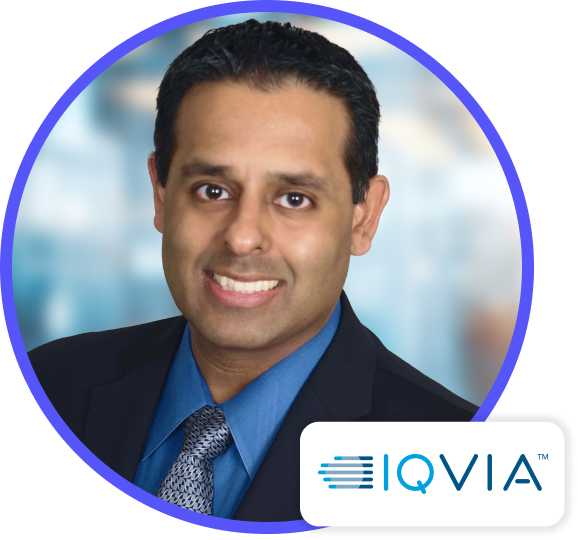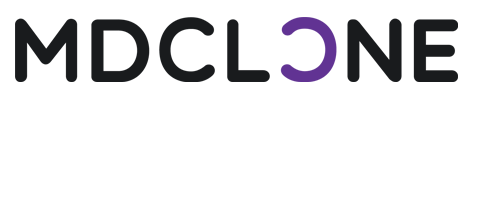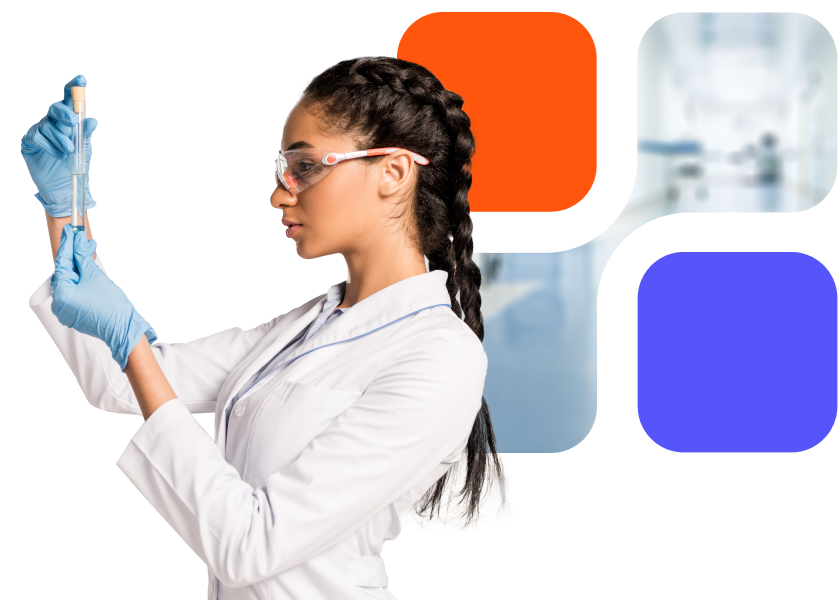In the life sciences industry, biopharmaceutical companies are striving to accelerate drug discovery and operationalize costs. With GxP compliant platforms for clinical trials, life sciences companies can bring life-saving medicines to patients with precision and airtight data compliance.
Cloudera customers leverage a unified view of their data across siloed systems to deploy AI and analytics that:
- Integrate R&D data to improve lead identification and optimization, speeding up the drug discovery pipeline.
- Track and monitor complex, decentralized clinical trials, providing critical insights and regulatory-grade traceability.
- Provide visibility across manufacturing, supply chain, and distribution to bring therapies to market faster and more efficiently.
Delivering AI-powered insights in life sciences
Life sciences firms need a unified view of all of their data, in real-time, and at petabyte scale, including:
Hybrid, real-time access to data across functional and technical silos—on premises and in any cloud.
Unified, consistent security and governance capabilities with full lineage for traceability and observability.
A collaborative, low-code AI development platform that provides model governance, observability, and explainability.
Key use cases
- Clinical trial optimization
- Predictive drug discovery
- Remote patient monitoring
Clinical trial optimization
As clinical trials grow more complex and decentralized, they become an expensive and time-consuming bottleneck in the pharma value chain. Manual processes for patient recruitment, site selection, and real-time monitoring often lead to delays, budget overruns, and missed opportunities to intervene.
By leveraging AI and real-world data from electronic health records, claims data, wearables, and patient-generated insights, pharmaceutical companies can intelligently identify ideal patient cohorts, optimize site performance, and proactively monitor trial progress. This accelerates patient enrollment, reduces dropout rates, and enables real-time adjustments, ultimately bringing life-saving treatments to patients sooner and more efficiently.
Predictive drug discovery
Pharmaceutical companies have multiple therapies they can pursue, but they must pick and choose based on budget, resource availability, and market needs. Without data and AI, these decisions can take several months to make, diluting the value of R&D and leading to potential revenue loss.
By leveraging data across R&D sources—including preclinical data, genomics, proteomics, and historical compound screening data—and combining it with real-world evidence and patient data, pharmaceutical companies can predict market needs and evaluate their drug discovery pipeline in near-real-time.
Remote patient monitoring
Ensuring patient adherence to prescribed therapies is a critical challenge, directly impacting treatment efficacy, real-world outcomes, and overall drug value. Without reliable insights into how and when patients take their medications, pharmaceutical companies lack crucial data for safety monitoring, real-world evidence generation, and optimizing patient support.
By deploying smart devices and leveraging robust data platforms, pharmaceutical companies can remotely track medication administration, dosage, and patient engagement in real-time. This provides invaluable insights into adherence patterns, enables proactive interventions, and generates rich real-world data, ultimately improving patient outcomes, strengthening post-market surveillance, and maximizing the therapeutic value of new treatments.
Bringing therapies to market faster with data and AI.

 healthcare
MDClone
healthcare
MDClone
 healthcare
Shionogi
healthcare
Shionogi
 healthcare
Merck KGaA Darmstadt, Germany
healthcare
Merck KGaA Darmstadt, Germany

